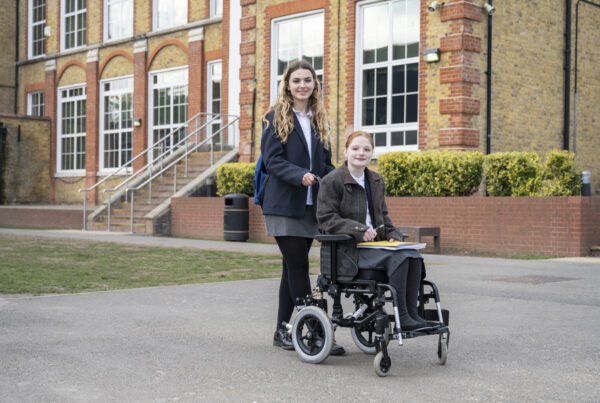
Teenagers with ADHD have difficulty paying attention. They have too much energy and may talk too much. They may move impulsively without thinking and find it difficult to control their emotions. They may answer questions before the other person finishes and interrupt conversations inappropriately.
They get anxious when they have to wait, for instance in queues. They find it difficult to keep still, fidget with objects, and move their legs or rock the chair constantly during lessons. Sometimes they make minor careless mistakes or forget the trail of the conversation they are having with another person.
Adolescents with ADHD struggle to finish schoolwork and house chores as they struggle to concentrate. They get sidetracked as they find it difficult to listen attentively to conversations. They find it difficult to follow instructions, they lose keys, pens, mobile phones, and struggle to organise activities as any continuous mental effort is difficult for them to sustain. They tend to be very forgetful and easily distracted. They may not arrive on time for appointments and feel restless most of the time. They may put themselves at risk by climbing roofs and trees, for instance.
If, as a parent, you are worried that your teenage child may have ADHD, help is at hand by contacting your GP, a psychologist, or a psychiatrist. Symptoms have to be consistent and happening at school as well as at home, and there should be clear evidence that these symptoms impair the daily living and activities of the teenager.
During secondary school, teenagers with ADHD tend to struggle more as higher levels of attention and concentration are required. ADHD symptoms tend to improve as the brain matures into adulthood and the adolescent learns to cope with the symptoms and impulses. Being diagnosed with ADHD can affect the academic results of an adolescent despite having a high IQ, as they find it difficult to organise the homework and struggle with attention during lessons. Schools are aware of this and have support systems for adolescents who are diagnosed with ADHD, such as being given extra time for exams.
As ADHD is a developmental disorder, with age as the brain matures, symptoms improve, so be patient
Dr Emma Allende
They are victims of bullying and can say things impulsively that they regret afterwards, making it harder to socialise with other peers. Having different out-of-school activities can help these adolescents to socialise.
Be open and non-judgemental with your teen, allow room for conscious and open listening in an active way. This way, if your teen struggles, he/she may come to you when they find themselves in trouble and have difficulty regulating their highs and lows. This is particularly important when frustrating situations present in life, such as academic failure or non-acceptance by peers.
Teenagers with ADHD are more prone to use smoking, alcohol, and illicit drugs as a way of coping with their symptoms. They also tend to engage in romantic relationships earlier and change more often than other adolescents.
How Parents Can Help
- Be Patient: As ADHD is a developmental disorder, symptoms improve with age as the brain matures. Punishing them for the symptoms they cannot help will not make a huge difference. Instead, focus on giving them tips and advice to regulate their emotions and offer them coping strategies. Work with them in this process and be supportive.
- Set Realistic Goals: Make sure the demands and the goals you set for them are realistic. They can be forgetful, disorganised, and will benefit from time management skills that you can share with them.
- Simplify Rules: Fewer rules in the house that are clear and specific can help.
- Allow Emotional Expression: When in a situation of high emotional expression, let them have time to express their frustration. If the situation is safe enough, let them make some mistakes, as they may learn quicker and better from their own experience.
- Don’t Take Impulsivity Personally: When they insult you out of impulse, try not to take it personally, as it may well be an impulsive, not well-thought-through act. Let them regret it by themselves.






